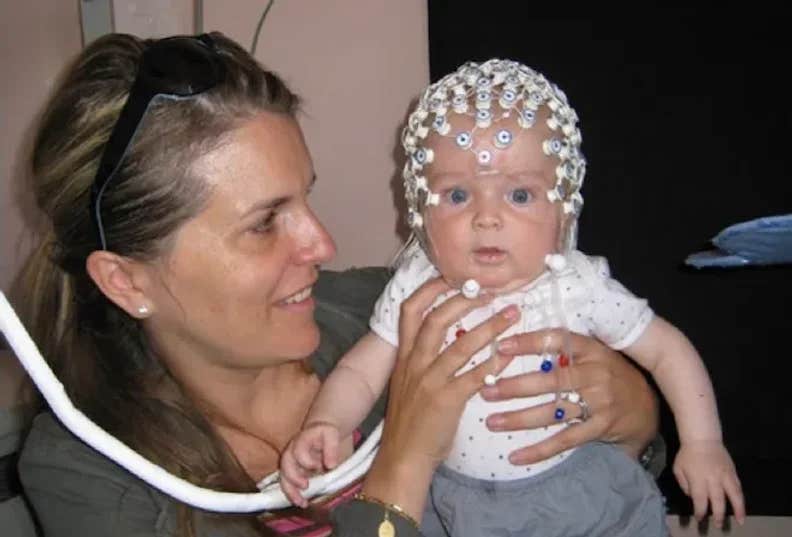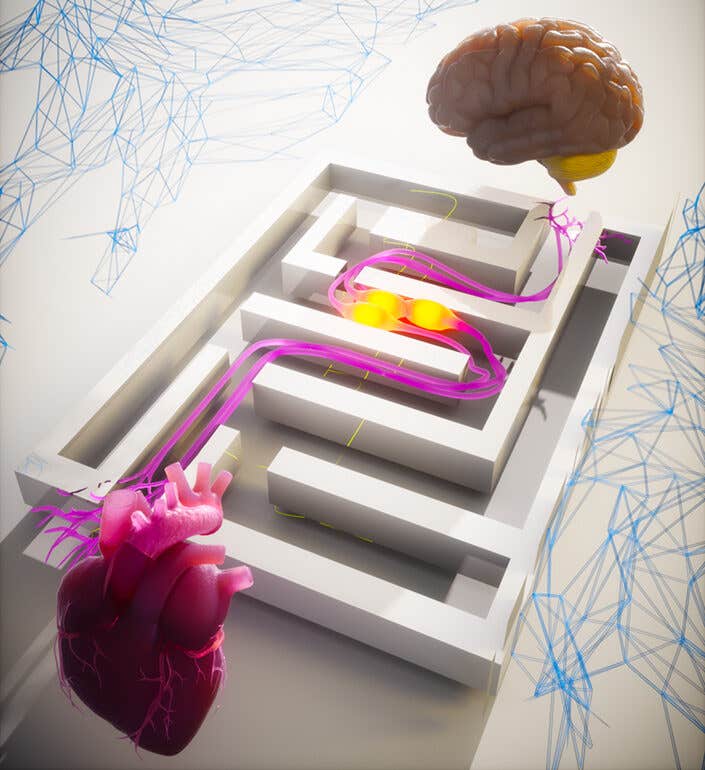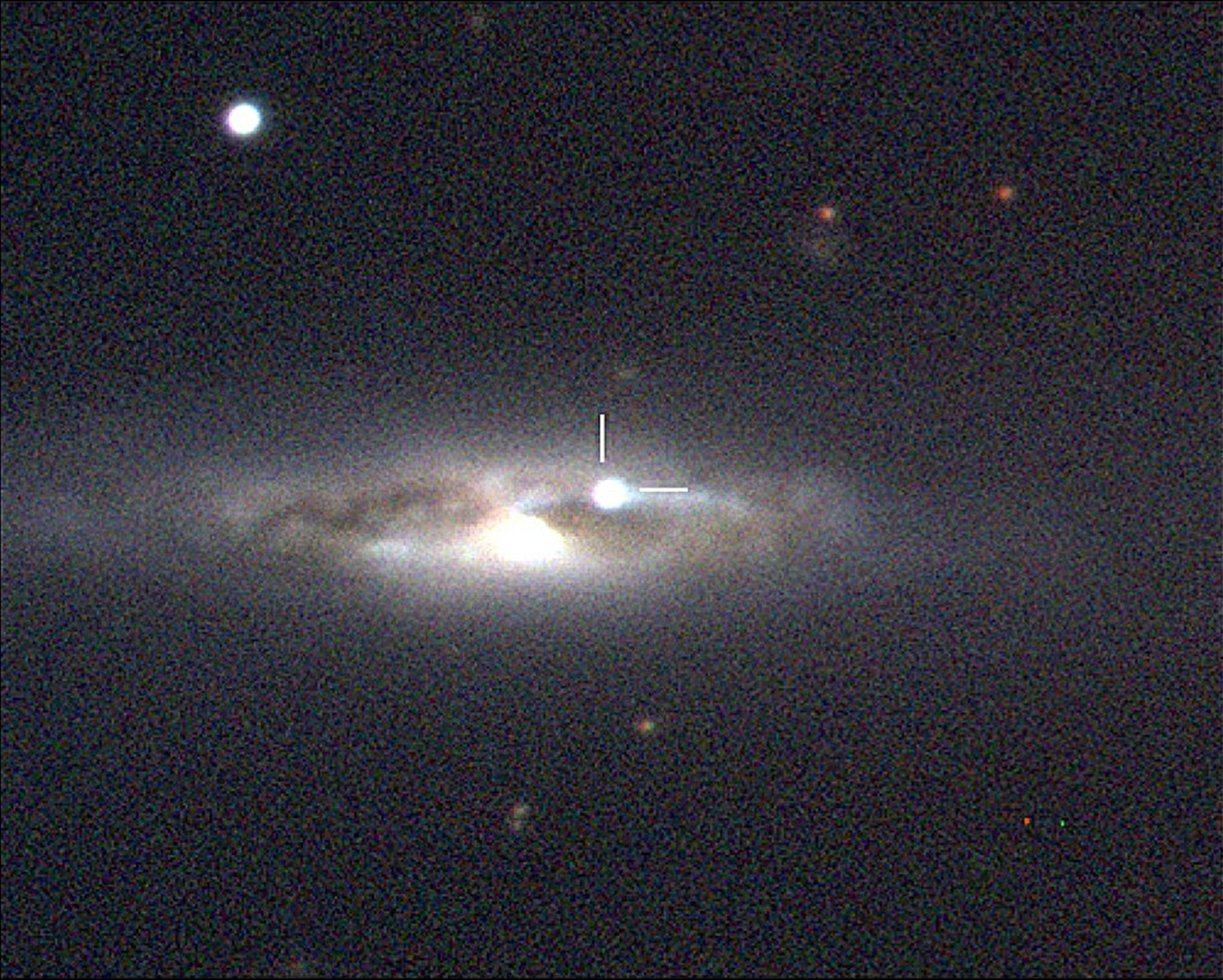Researchers discover the moment when babies become conscious
The question of when consciousness begins has fascinated scholars for centuries who pondered the cognitive abilities of infants.

Researchers have put forward an innovative approach aimed at aiding scientists in pinpointing the onset of consciousness in babies. (CREDIT: Sofie Gelskov)
Scientists are digging into the mystery of when consciousness first appears in human infants, introducing a new approach to explore this complex and elusive process.
The question of when consciousness begins has fascinated scholars for centuries, starting with the contemplations of the seventeenth-century philosopher René Descartes, who pondered the cognitive abilities of infants versus adults. This topic continues to be a significant puzzle for both psychologists and philosophers today.
In response to a recent article in Trends in Cognitive Sciences, academics from the University of Birmingham have put forward an innovative approach aimed at aiding scientists in pinpointing the onset of consciousness in babies.
Dr. Henry Taylor, Associate Professor of Philosophy, and Andrew Bremner, Professor of Developmental Psychology, proposed this method in a Letter to the Editor, also published in Trends in Cognitive Sciences.
Their approach involves identifying markers of consciousness observed in adults and tracking the emergence of similar markers in infants during their developmental stages.
Dr. Taylor explains the rationale behind this approach, stating, “For example, imagine that in adults, we know that a certain very specific behavior, or a specific pattern of brain activation always comes along with consciousness. Then, if we can identify when this behavior or brain activation arises in babies, we have good reason to think that this is when consciousness emerges in babies. Behaviors and brain activations like this are what we call ‘markers’ of consciousness.”
The challenge in assessing infant consciousness lies in the fact that babies cannot articulate their experiences, making traditional methods of inquiry impractical.
Related News
Professor Bremner highlights this difficulty, stating, “It is really hard to establish when babies become conscious. This is mostly because infants can’t report their experiences and, as most parents will know, can be rather uncooperative particularly when it comes to experimental tasks.” Given this limitation, the researchers advocate for identifying a diverse array of markers of consciousness that manifest across early and late stages of development.
In the recent article by Prof. Tim Bayne and colleagues, four specific markers of consciousness were suggested, some observable in the late stages of gestation and others in early infancy.
This study posited that consciousness emerges early, possibly even from the last prenatal trimester. However, Professors Bremner and Taylor argue that this perspective overlooks additional markers of consciousness identified in previous research.
These alternative markers include pointing, intentional control, and explicit memory. Dr. Taylor emphasizes the complexity of the issue, stating, “One of the complicated issues is that it does not look like all the markers point to the same age for the emergence of consciousness.
The ones mentioned by Bayne and colleagues suggest somewhere between the third trimester of pregnancy and early infancy, but other markers suggest the age might be around one year old. In fact, at the really extreme end, some markers only emerge at around 3-4 years.”
Professor Bremner concludes by advocating for a comprehensive approach to marker identification, incorporating those that manifest in both early and late developmental stages.
He suggests considering various developmental models of consciousness onset, positing that certain markers may emerge in clusters at different points in development. Additionally, he proposes the possibility of a continuous and gradual emergence of certain markers spanning gestation and early life.
“We think that by clustering this broad selection of markers, we may finally be able to answer the question which has given us pause for thought for thousands of years. But it’s important to bear in mind that the answer may not be a simple one!” Professor Bremner cautions, underscoring the complexity of unraveling the mystery of infant consciousness.
Note: Materials provided above by The Brighter Side of News. Content may be edited for style and length.
Like these kind of feel good stories? Get The Brighter Side of News' newsletter.



